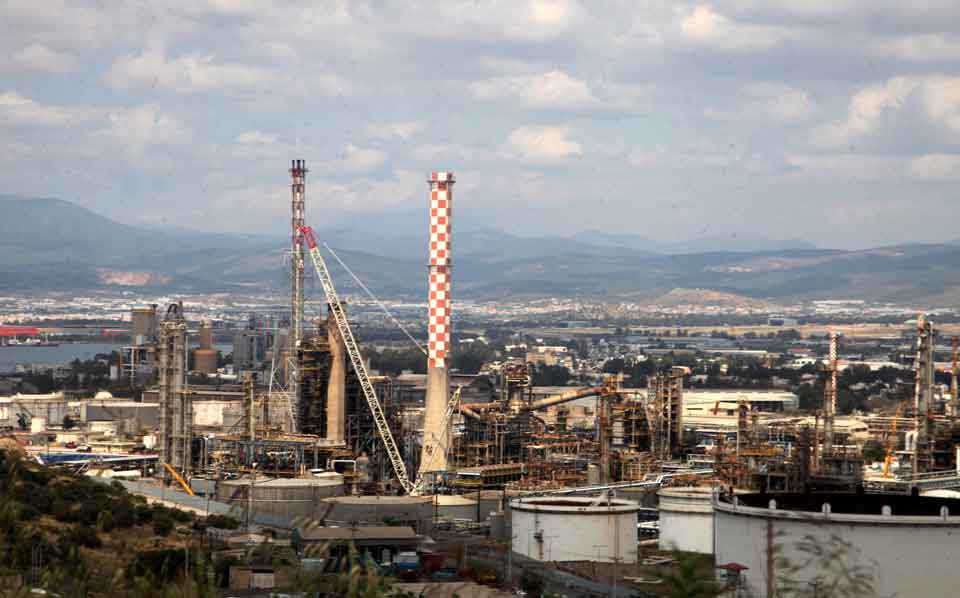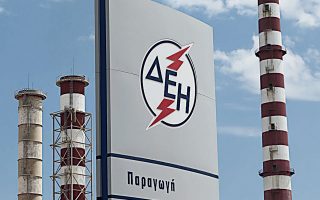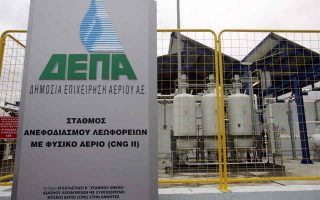Industry turns away from natural gas
Cost-saving means that heavily polluting fuels are back; small firms still have to buy retail

Spurred by the energy crisis, and skyrocketing fuel prices, Greece’s industry is fast reversing course on its desire for, and dependence on, natural gas.
Access to natural gas was a main demand of Greek industries during the past decade, when it was a cheaper and environmentally friendlier alternative to oil, especially the heavy fuel oil used by the local industries.
The fight for priority access to natural gas was intense, especially on the part of heavy power consumers which also are more exposed international competition.
The flip side of this race to wean themselves off natural gas is the return of heavily polluting fuels, such as fuel oil.
Data compiled by Greece’s Environment and Energy Ministry that Kathimerini had access to reveal that the use of fuel oil in the first nine months of 2022 increased 29%, after falling 4% in 2021 and with a pretty steady downward trend in recent years. Use of diesel fuel increased 8.5% during the same period. And while diesel consumption figures also include its use in gas stations, it was its industrial use that was responsible for the increase.
Use of propane or butane gas rose 11%, while use of various coke coal varieties and anthracite, or black coal, which is 100% imported, also increased significantly.
In September alone, consumption of diesel rose 13%, that of butane and propane 10% and heavy fuel oil by 7% compared to September 2021.
Not all industries managed to wean themselves off natural gas at the same pace. The heavy power users, which are directly connected to the natural gas transmission operator DESFA, used 71.96% less gas during the January-September period of this year, according to DESFA’s own data. Greece’s two refineries, those of Motor Oil and Helleniq Energy (formerly Hellenic Petroleum), cut down their consumption by 95%, substituting mostly naphtha, a liquid hydrocarbon mixture, for gas.
Lighter industries, which buy their natural gas at retail prices from supply company DEPA, could only manage a 5.5% cut in consumption. Industries buying retail will pay €135 per megawatt-hour in November, while their German competitors, starting in January, will benefit from a state aid package and buy their natural gas at €70 per Mwh.





